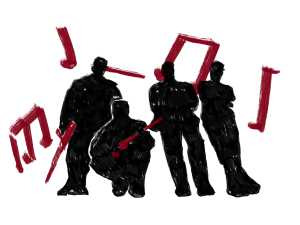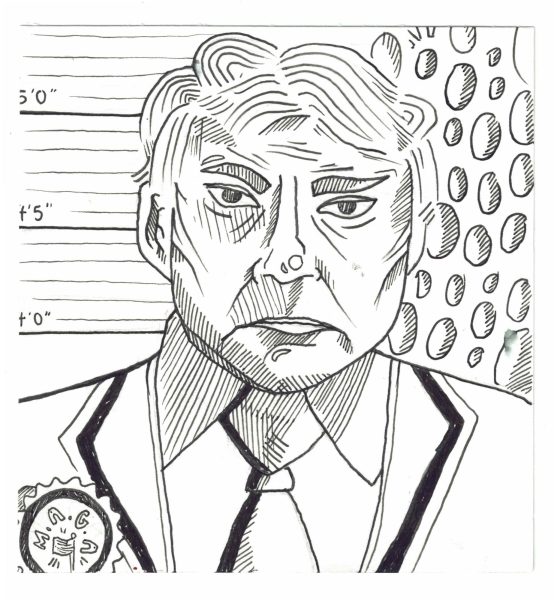Media Consolidation is Threatening the Spirit of Journalism
March 23, 2020
Journalists are the truth-seekers of society. But what happens when journalism itself struggles to survive? In the past ten years, many industries have faced threats of consolidation, and journalism is no exception. Consolidation—the concentration of ownership into the hands of progressively fewer, larger corporations—in journalism is pushing the industry to put economics over truth, and destroying independent local news outlets. As news comes from sources fewer and farther between, thousands of people are finding themselves in so-called “news deserts”—places reliant on national news with minimal to non-existent local news coverage. If journalists are meant to be purveyors of truth, but can not find a job, and newspapers are meant to bring people together but instead are hardening national partisanship, then it seems that the very integrity of journalism is being undermined by consolidation.
Local news sources discuss small-town politics, school boards, births, and deaths, all of which strengthens a community. The biggest events making headlines are mergers between already large corporations. When two powerful corporations merge into one, their voice is amplified, drowning out smaller news sources. When independent newspapers are bought by large conglomerates, such as Gannett (which recently merged with another media mega-conglomerate, Gatehouse), the owner of 260 local newspapers across the country, their individual quirks are taken away. News becomes generic and homogenized. A 2019 study by the Stanford Graduate School of Business showed that after being bought by a conglomerate, 25% more of local news outlets’ coverage was devoted to national news over local news. The purpose of journalism is to deliver truth to the public at every level. When there fails to be a reliably local, independent news source, the purpose—the integrity—of journalism itself is being disregarded.
Without proper representation in the media, the truth becomes skewed.
Along with the homogenization of the local news scene, the journalism industry is shrinking as a whole, in large part due to consolidation. According to Pew Research Center, in the decade from 2008 to 2018, newspaper newsroom jobs declined by a whopping 47%. Sweeping job loss is wreaking havoc on the industry, and newspapers are forced to compromise as they struggle to compete with larger companies. Additionally, fewer jobs means fewer perspectives in the media. More often than not, the people pushed out first are minorities, such as women and people of color. Without proper representation in the media, the truth becomes skewed.
A third prominent issue that is exacerbated by media consolidation is the expansion of news deserts. News deserts are, generally, concentrated in less populated and poorer, rural areas of the country, including parts of the south and the midwest. In part, this desertification is due to the fact that local news outlets simply cannot survive economically in the face of such competition with large outlets and a grim scene of mergers. It is difficult to say whether consolidation has caused a decline in readership, or a decline in readership has led to the folding of local newspapers, but regardless, Pew Research reports that news circulation and readership (both online and digital) is at its lowest since 1940. It could be argued that consolidation is the only way for local journalism to survive at all, however, independent sources being bought up by large conglomerates is actually not a viable way forward, and can even run these outlets into the ground. Indeed, the aforementioned Stanford study showed that news outlets actually saw a decline in audience after being bought by a conglomerate. Clearly, consolidation isn’t working.
When consolidation dominates, narratives narrow. With fewer jobs, there are fewer voices, and more biases creeping into what is supposed to be an objective medium. In an increasingly partisan climate, journalism as an industry must combat consolidation in order to find a common truth for the American people.











